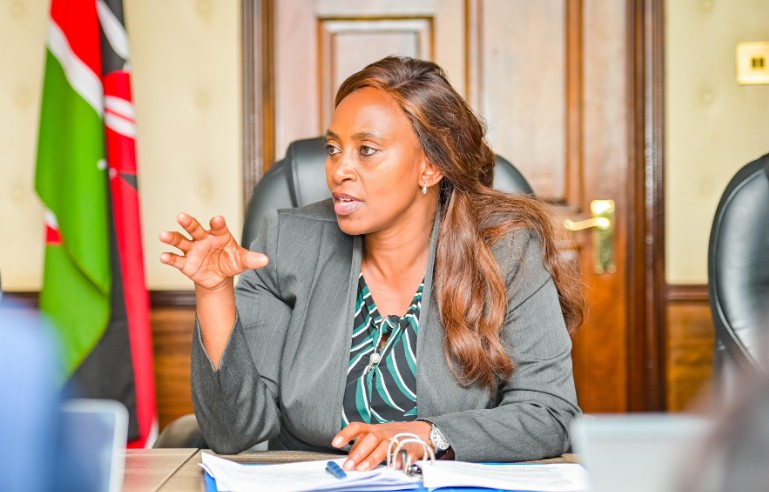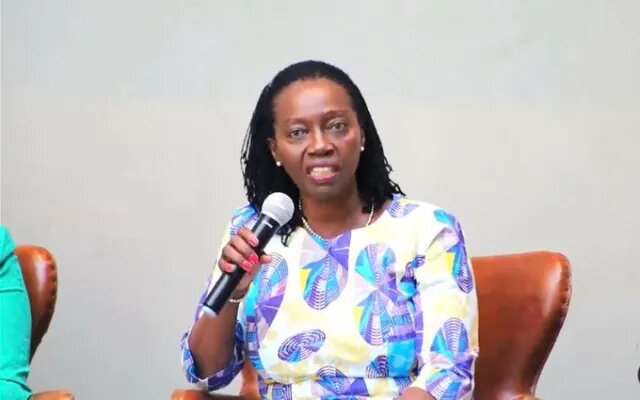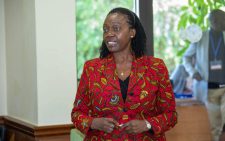Most Kenyans have ailments they’re not aware of, data shows

As a majority of Kenyans retreat to the countryside and other holiday destinations to enjoy the Christmas season, new data shows that most of them could be suffering from diseases that they are not aware of.
The latest data from the Ministry of Health, based on information gathered by Community Health Promoters (CHP) and released on December 18, paints a grim picture of the status of Kenyans screened so far.
Of 22.5 million Kenyans screened for diabetes, over 264,000 were not aware that they had the disease. The individuals who tested positive for the disease were referred to health facilities for further testing and management. Of 15,200,000 screened for hypertension, 577,000 were referred to health facilities for further assessment.
Antenatal clinics The statistics also show that about 339,000 women were found to be pregnant, out of whom about 132,000 were not attending antenatal clinics, putting the health of their unborn child at risk. Some 5.9 million children under five years old were screened for common childhood illnesses, including malnutrition, diarrhoea, malaria, and pneumonia More than eight million households have been registered in the electronic Community Health Information System (e-CHIS), the report says, against a national target “of 12,500,000 households (67 per cent of households) registered. “Of these, 7,130,000 households have been revisited by CHPs for routine community health services.
Some 22,500,000 screenings for diabetes have been done and out of these, 264,000 people [were] referred to the health facility for further testing and management .” The report shows that 7.13 million households had been revisited by CHPs for routine community health services. According to the State Department for Public Health and Professional Standards, Kenya has 107,831 Community Health Promoters. Some 100,000 smartphones have been provided to them for data collection.
Teenage girls Some Kenyans are not prioritising their health or are too busy to do so, said Public Health and Professional Standards Principal Secretary Mary Muthoni in Kibra. Some women did not know that they were “required to go to a health facility but the CHP has convinced them that it is important to go to a health facility to be cheeked”, she said.
She added: “The screening is good. We have teenage girls who have become pregnant and because of the stigma they have locked themselves up [in their houses] and our CHPs have called them, saying it is important that they go for checkups.”
Muthoni, who was spending time with CHPs working door-to-door to assess families gathering for the December festivities, advised Kenyans to take advantage of the holidays to get screened. SHIF registration CHPs, supervised by counties and the national government, will be moving around screening Kenyans for common ailments and registering them for the Social Health Insurance Fund (SHIF).
“We have kitted [CHPs] well. In their bags, there is a blood pressure machine, there is glucometer, drugs for children, there is chlorine for giving out to the community for free so that during this Christmas period Kenyans are able to take clear water to avoid waterborne diseases such as diarrhoea,” she said.
CHPS, she added, are becoming a link between the hospital referral system and the Social Health Authority and the “first point of call at level one before we even go to level two”.
Stipend arrears Muthoni also clarified that the Min[1]istry of Health is committed to paying outstanding stipend arrears for CHPs by December 31, adding that the National Treasury has provided the funds. CHPs’ stipends have been paid up to August 2024, she said.
Among the challenges CHPs have cited are lack of budgetary allocations, the long distances many of them must cover in vast geographical areas, and inadequate supervision and mentorship blamed on a limited number of community health assistants. Some CHPs missed their stipends because lists submitted by counties had wrong phone numbers or their phone numbers were not registered with MPesa.
The National Assembly’s Health Committee has directed Muthoni and the Council of Governors to submit a status report on the distribution of CHPs across the 47 counties and payment of stipends.












